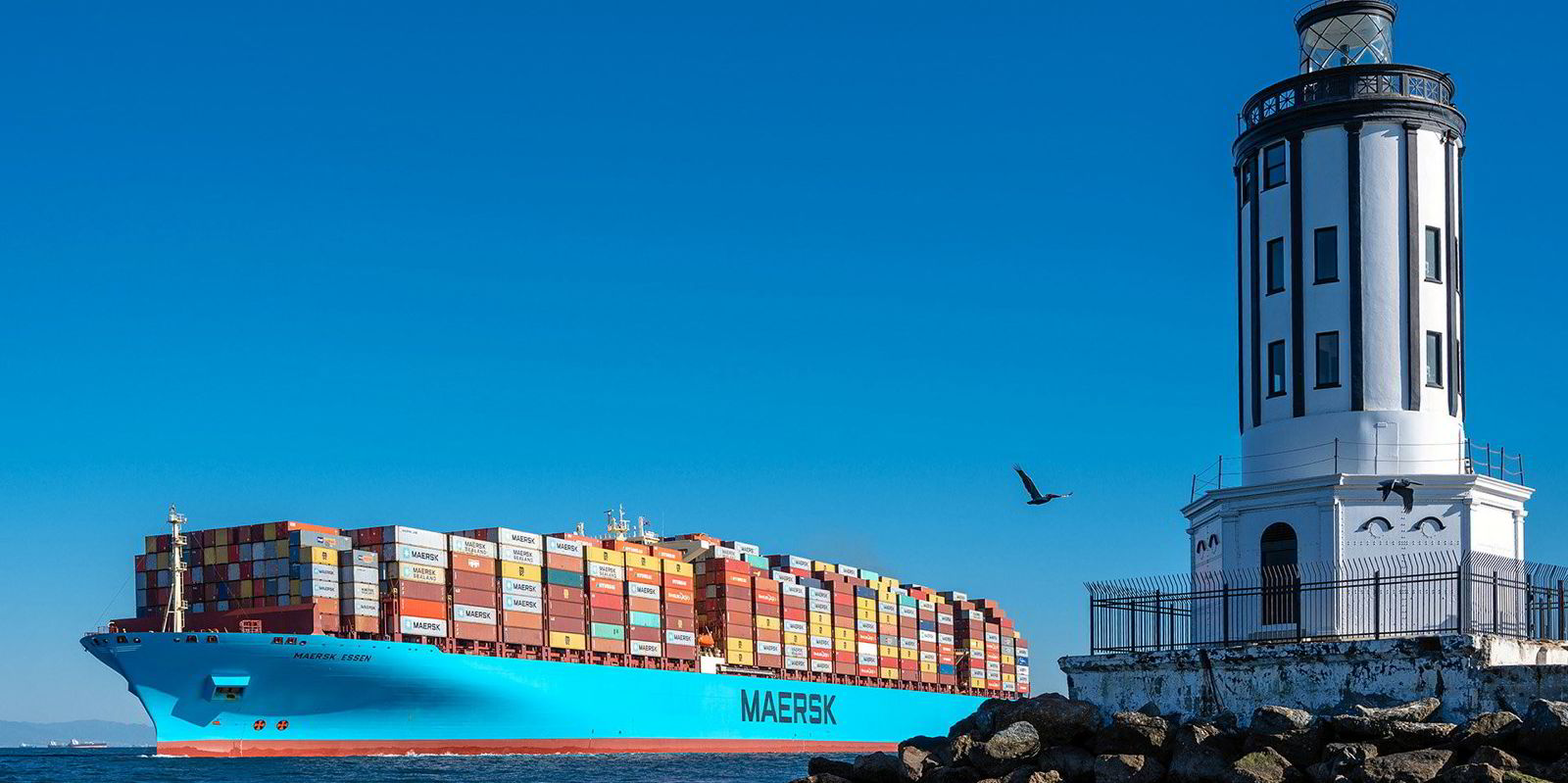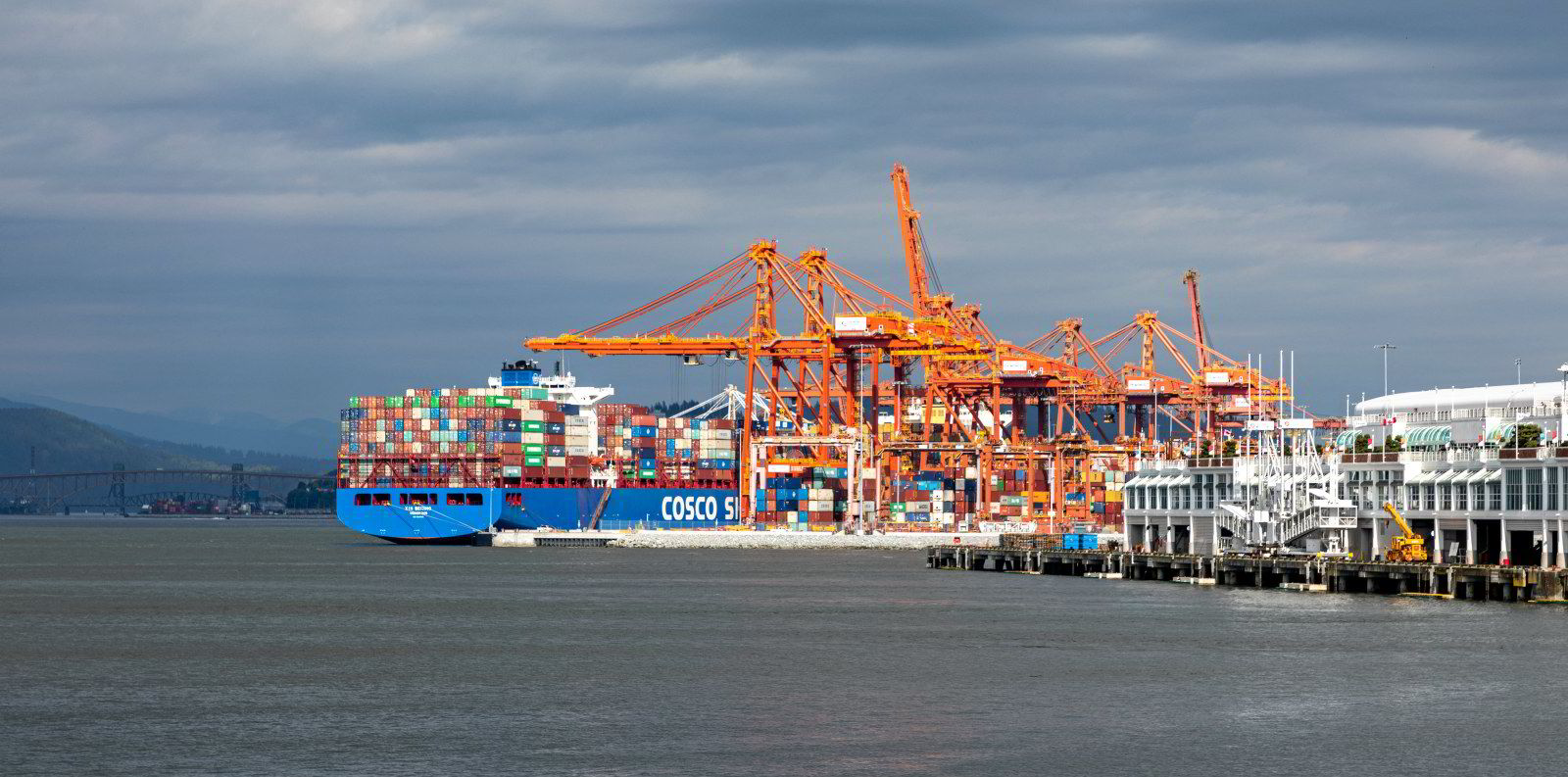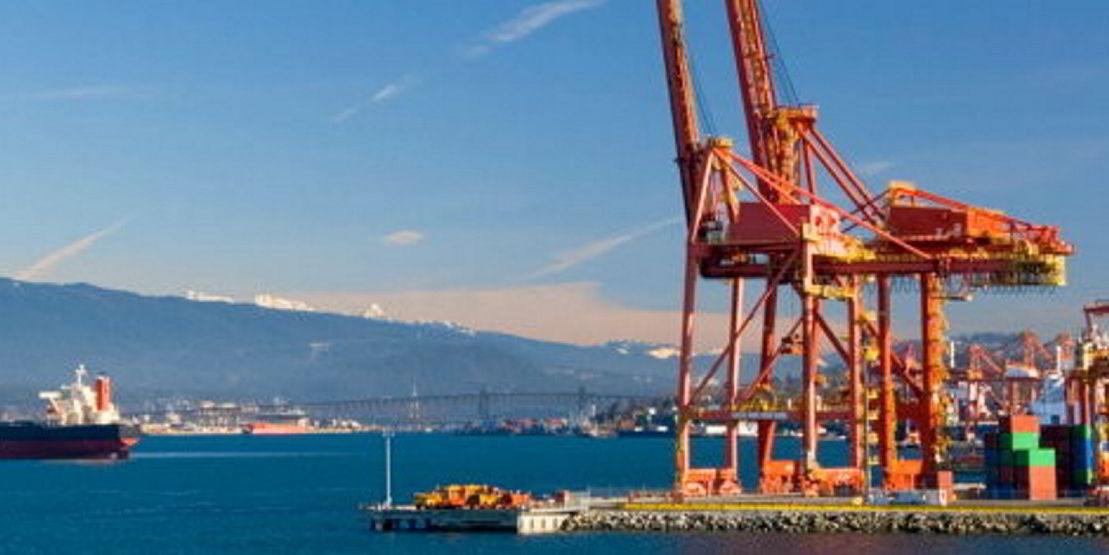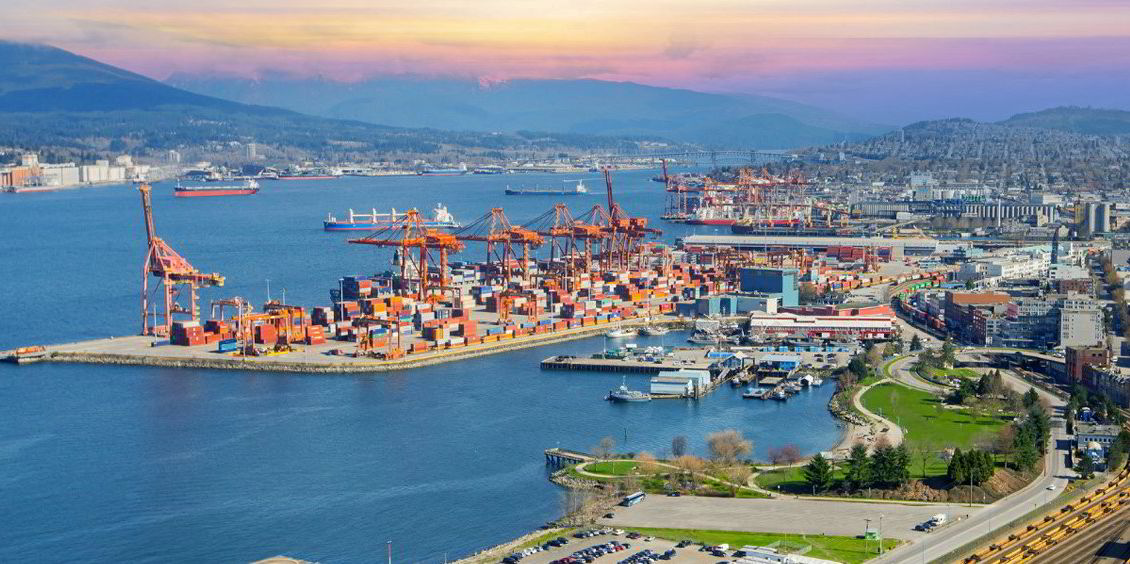Unionised dockworkers in Canada’s British Columbia and waterfront employers reached a tentative labour agreement on Wednesday after holding four months of talks to replace an expired contract, ending a strike that lasted almost two weeks.
Neither the British Columbia Maritime Employers Association (BCMEA) nor International Longshore and Warehouse Union Canada (ILWU Canada) released details of the four-year deal because both sides must ratify it.
“In partnership with our member employers, the BCMEA is committed to working closely with ILWU Canada and their locals and supply chain partners to safely resume operations as soon as possible,” the BCMEA said in a statement.
“Please stay tuned for further operational updates.”
The agreement came after Seamus O’Regan, Canada’s labour minister, asked the federal mediator for both sides on Tuesday to provide terms of a recommended settlement within 24 hours.
“We would like to express our appreciation to the Federal Mediation and Conciliation Service officers and the Minister of Labour, Seamus O’Regan Jr, for assisting both parties throughout this process,” the BCMEA said.
“Specifically, we would like to recognize the expertise and unwavering dedication of federal mediator Peter Simpson and his team, who were instrumental in achieving a tentative agreement.
“The BCMEA recognises and regrets the significant impact this labour disruption has had on the economy, businesses, workers, customers and ultimately, all Canadians.”
The BCMEA said on Wednesday that the strike, if it continued, could tie up 37 boxships carrying CAD 11.7bn ($8.9bn) in goods in 250,000 boxes by the end of July.
“We must collectively work together to not only restore cargo operations as quickly and safely as possible but to also rebuild the reputation of Canada’s largest gateway and ensure supply chain stability and resilience for the future,” the BCMEA said.
ILWU Canada, which fought for higher wages and control over terminal upkeep for 7,000 dockworkers at the ports of Vancouver and Prince Rupert, did not immediately return calls.
Dockworkers earn CAD 136,000 per year, according to the BCMEA.
On Wednesday, the Canadian Labour Congress strongly opposed the Canadian government’s involvement in the negotiations between the ILWU Canada and BCMEA.
“Back-to-work legislation would be a serious misstep and would be met with strong resistance from the entire labour movement,” the body said in a letter to prime minister Justin Trudeau.
“Canada’s unions are committed to being partners to industry to help Canada build a strong, skilled workforce to power Canada’s economy, but if the right to strike is weakened by the government legislating the ILWU members back to work, it will have a significant impact on every Canadian that expects to have their rights protected by the government.”

The ILWU and the Pacific Maritime Association (PMA) representing dockworkers and employers on the US West Coast signed a tentative labour agreement in mid-June after 13 months of negotiations were held in an effort to replace an expired contract.
The ILWU did not strike during these talks, but the PMA accused these unionised dockers, who make $200,000 per year on average, of intentionally disrupting operations while negotiations were taking place.





